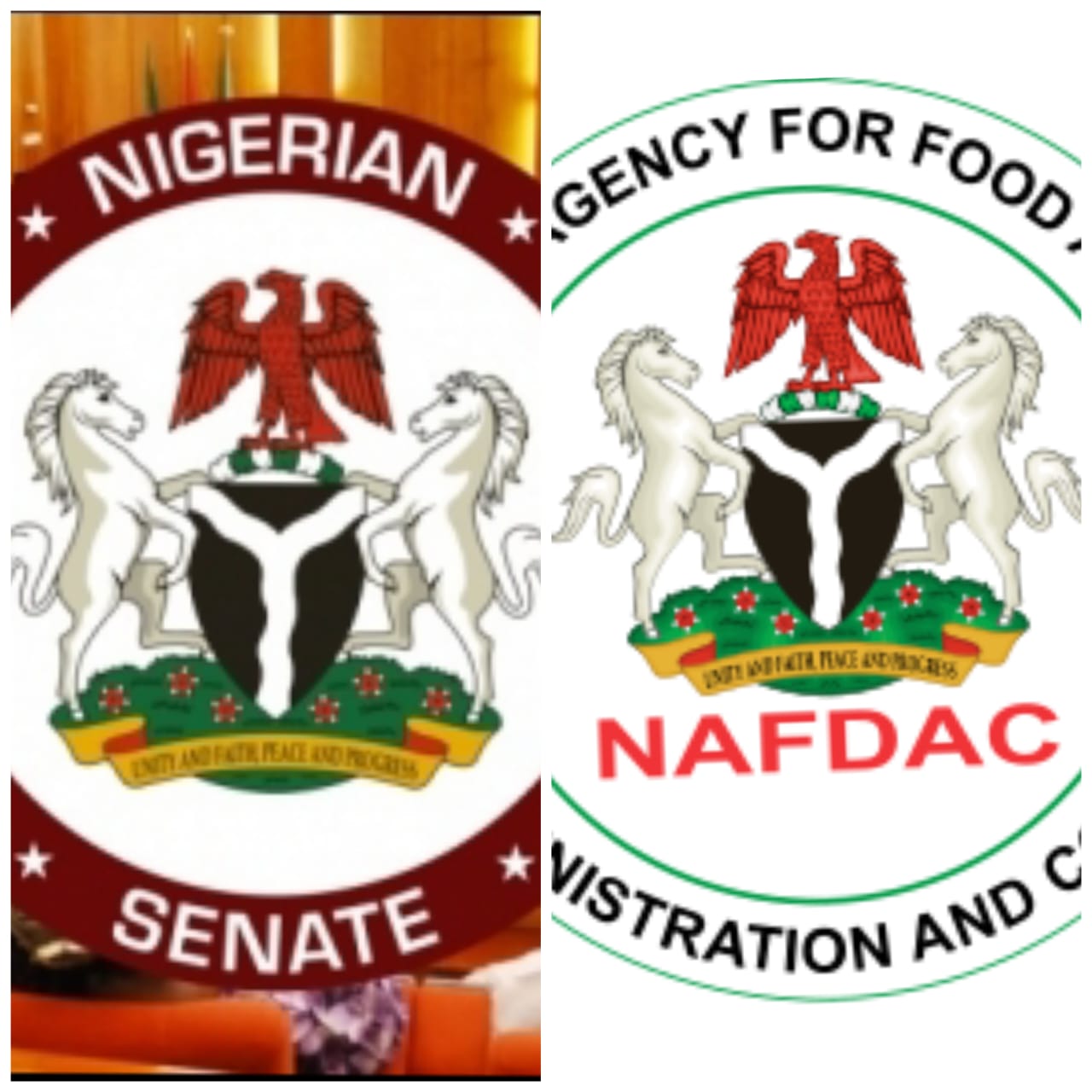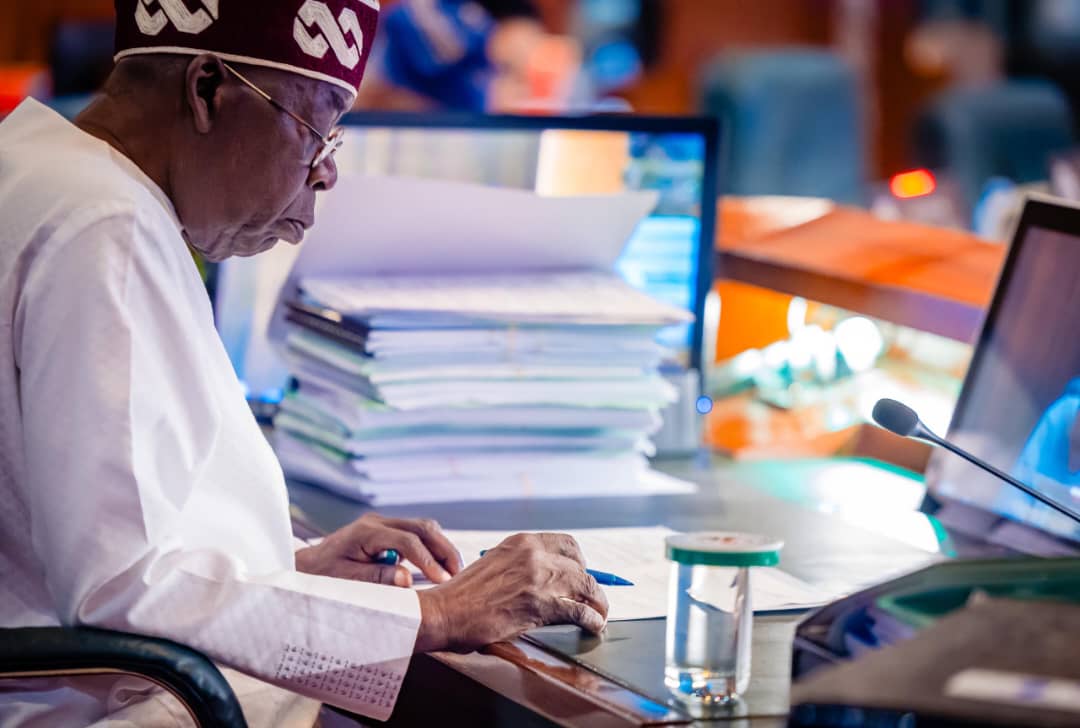Senate Orders NAFDAC Not To Extend Ban On Sachet Alcohol Beyond Dec. 31

The Nigerian Senate has ordered the National Agency for Food and Drug Administration and Control (NAFDAC) not to extend the December 31, 2025 deadline for the production of alcohol in sachets.
The resolution followed a motion of urgent national importance sponsored by Senator Asuquo Ekpenyong (Cross River South) during Tuesday’s plenary session.
Presenting the motion, Ekpenyong said the directive was in line with global regulatory standards and international best practices aimed at reducing alcohol-related harm among Nigerians.
He recalled that in 2018, the Federal Ministry of Health, Federal Competition and Consumer Protection Commission (FCCPC), NAFDAC, and industry bodies including the Association of Food, Beverage and Tobacco Employers (AFBTE) voluntarily signed a five-year Memorandum of Understanding (MoU) to gradually phase out sachet and small-bottle alcoholic drinks.
Ekpenyong explained that the Federal Government, upon appeals from manufacturers, had already granted a one-year moratorium in 2024 to enable producers to exhaust existing stock and transition to compliant packaging alternatives.
However, the lawmaker expressed concern that some manufacturers were lobbying for another extension, which he said would undermine regulatory authority, endanger public health, and perpetuate the circulation of harmful alcoholic products in the market.
“As the December 2025 deadline approaches, certain manufacturers are lobbying for another extension, thereby undermining the regulatory process and jeopardizing public health,” Ekpenyong said.
“We cannot continue to expose our youths to cheap, easily accessible alcohol that destroys lives and endangers public safety.”
He warned that the continued availability of high-strength alcoholic beverages in sachet form has contributed to addiction, impaired cognitive development, school dropouts, domestic violence, and increased road accidents, particularly among commercial drivers and young people.
Ekpenyong further noted that manufacturers who had complied in good faith were now at a disadvantage against those who continued to produce non-compliant products, creating an uneven market.
Following extensive deliberation, lawmakers who contributed to the motion commended Ekpenyong for raising the issue, stressing the need for stricter enforcement and public sensitization.
Senator Anthony Ani (Ebonyi South) backed the call, describing the easy availability of cheap alcohol as a growing social menace.
“The easy availability of cheap alcohol is fueling social vices. We must act now to save our young generation from self-destruction,” he said.
In his ruling, Senate President Godswill Akpabio described the resolution as a timely step toward safeguarding public health and youth welfare.
He urged NAFDAC to ensure full enforcement of the ban by December 2025, warning that any further extension would undermine Nigeria’s anti-substance abuse efforts.
“This is a matter of urgency,” Akpabio said. “The agency must act decisively to protect Nigerians, especially our young people, from the dangers of unregulated alcohol consumption.”













